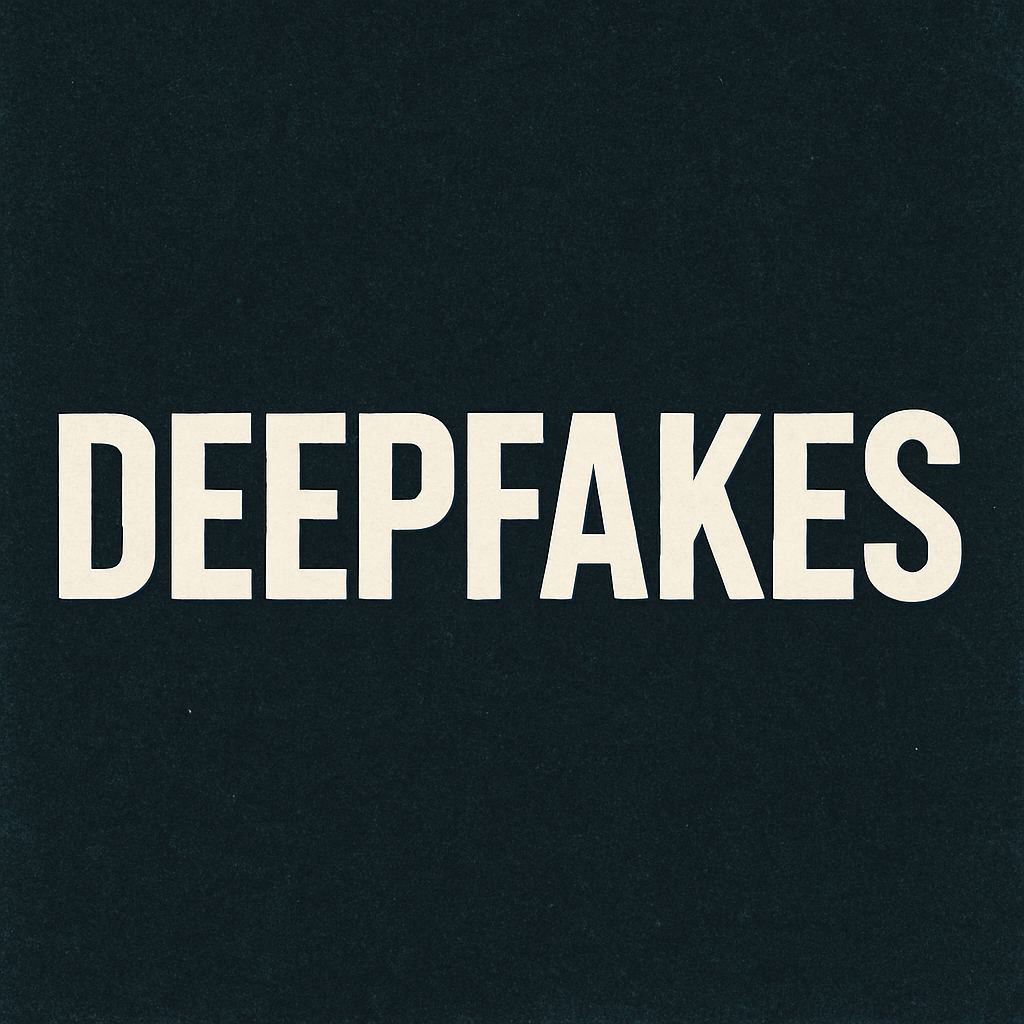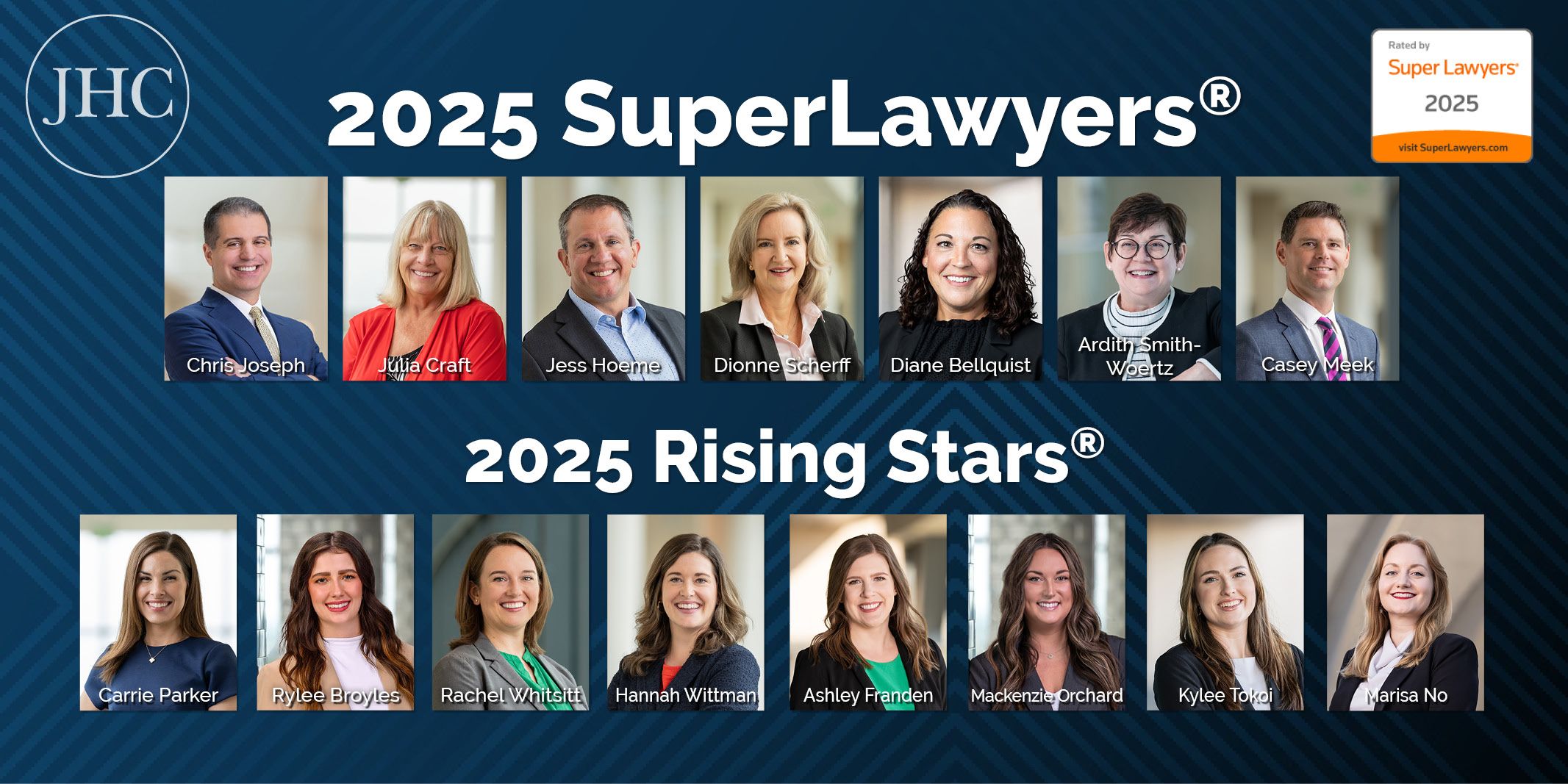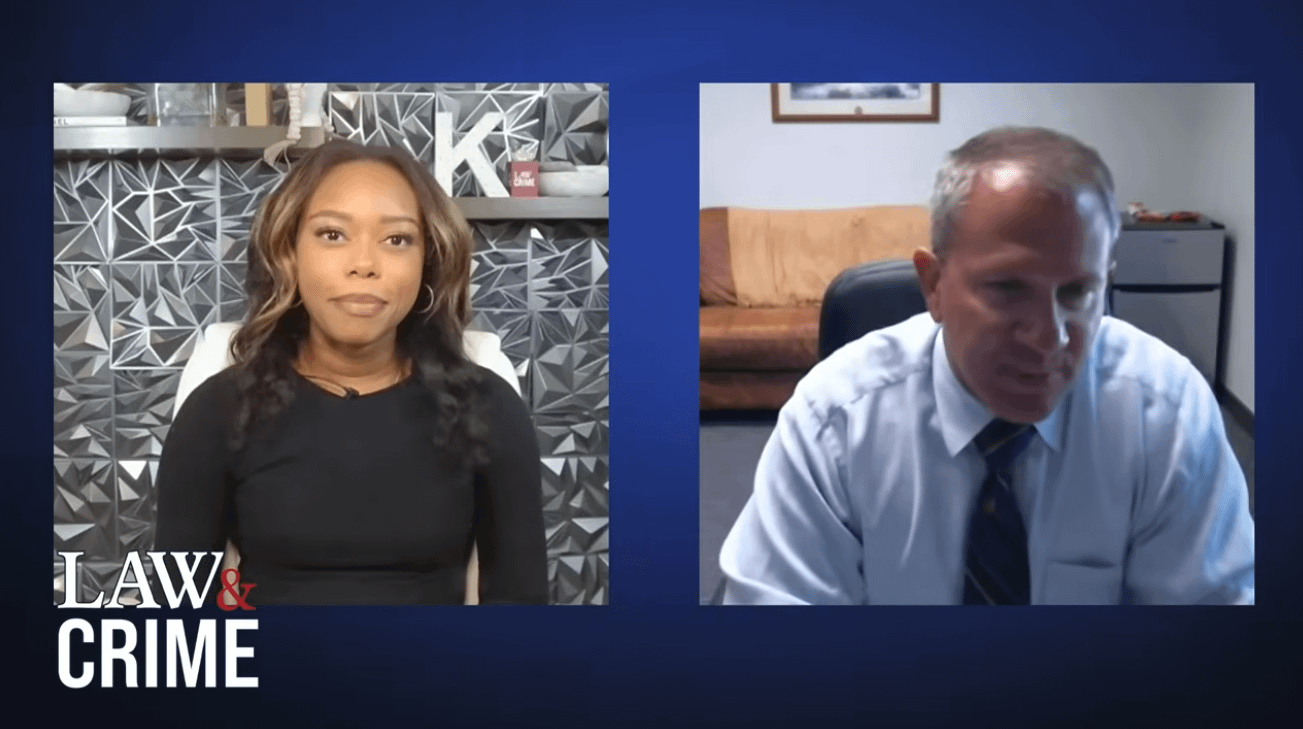A deepfake is a picture, video, or audio recording that has been digitally altered to falsely depict an individual’s real image or voice. The rise of artificial intelligence (AI) has made these deceptive forms of media more prevalent than ever, and in some cases they are doing far more harm than good. They are increasingly used to replicate the images of children for use in child pornography. Kansas has introduced legislation to prohibit the use of deepfakes for this purpose.
The short title of this bill (HB 2183) reads:
Modifying elements in the crimes of sexual exploitation of a child, unlawful transmission of a visual depiction of a child and breach of privacy to prohibit certain acts related to visual depictions in which the person depicted is indistinguishable from a real child, morphed from a real child’s image or generated without any actual child involvement, provide an exception for cable services in the crime of breach of privacy and prohibit dissemination of certain items that appear to depict or purport to depict an identifiable person.
It is highly likely that, as AI technology evolves, other states will join Kansas in regulating or banning the use of deepfakes for such purposes. This legislation will, if passed, almost certainly result in more individuals being charged with the creation, possession, use, receipt, and/or distribution of child pornography, or other exploitative practices.
Potential Criminal Charges Stemming From AI-Generated Content
Deepfakes in general present a number of different contentious legal issues, all of which are dynamic due to the rapid advancement of AI. As for the criminal facet of AI and deepfakes, there are endless possible cyber crimes which one could commit or cause an innocent person to be charged with something they never did. These are only a few examples:
- Identity theft and fraud: If one were to successfully replicate another person’s voice, they could impersonate that individual and thereby gain access to their property, money, financial and identifying information, and more. AI has also been used to create fake documentation and fake online profiles used to perpetrate frauds. This conduct may subject someone to prosecution under the Kansas identity theft statute, KSA 21-6107.
- Theft: More generally, one could also use deepfakes to engage in all manner of financial and property theft. One real-life example is pretending to be someone in a text message or phone call and asking an acquaintance of that person (such as a parent) to send money through an app. This may be charged as theft by deception under KSA 21-5801(a)(2).
- Blackmail: Kansas defines blackmail as intentionally gaining or attempting to gain anything of value or compelling or attempting to compel another to act against such person’s will, by threatening to disseminate a video or image gained by a breach of privacy. See KSA 21-5428; KSA 21-6101. It is possible prosecutors may charge blackmails related to deepfakes.
- Harassment: A text containing a deepfake image meant to abuse, threaten, or harass the recipient may be charged as a violation of KSA 21-6206.
- Fake incriminating evidence: Deepfakes can be used to incriminate innocent people with fake “evidence” purporting to show the innocent person taking part in a criminal activity.
- Sexual exploitation: Kansas is already aware of the use of deepfakes for generating child pornography. More broadly, this technology could falsely depict an individual engaged in sexual activity and use that image or video to blackmail, harass, exploit, or otherwise harm the person.
Can deepfakes be tracked?
Trying to identify, much less crack down on, deepfakes is inherently difficult due to the constantly changing nature of the AI technology on which they are based. Social media apps and search engines have worked hard to curtail deepfakes and limit their negative impacts, but even major companies like Google and Meta struggle to keep up.
Still, experts can use various digital forensic techniques to hunt down and identify deepfakes. AI technology is not perfect and sometimes displays anatomical inconsistencies and other irregularities which investigators can spot. The inability to replicate complex features of the body like fingers is often where the deepfake is revealed.
There are also visual contextual clues which may indicate that a picture or video isn’t what it appears to be. Consistency is the key here: the person who is presented in the image, as well as the persons and objects in the surrounding environment, should “fit.” Discrepancies in lighting, shadows, size, image quality, and more can indicate that the image isn’t authentic.
To that end, forensic investigators may analyze several layers of data, particularly in a video, to determine if the item in question is a deepfake. The analysis may include:
- Edge analysis: Examining the borders and contours between the person or object depicted and the surrounding environment.
- Frame analysis: Dissecting a video, frame by frame, to spot inconsistencies between them.
- Eye blinking analysis: AI still has a hard time replicating the blinking of an eye, and this could unravel the authenticity of the video.
- Blending analysis: This level of analysis looks for variations in color and texture on the face or skin of the person who is shown in the video.
- Pixel analysis: Investigators may dig down to the individual pixels to determine if the image or video is real.
- Cadence and voice analysis: One can even observe the movement of a person’s lips and the rhythm of their voice to see if the video is fake.
Is deepfake porn illegal?
The pending Kansas legislation targets the use of deepfakes and AI for the specific purpose of creating child pornography. However, there is also potential for legislation regarding deepfake pornography depicting adults.
Several states have enacted laws which make it illegal to use deepfake porn in certain contexts such as the creation of non-consensual pornographyFor instance, California, New York, and other states have made it possible to sue the creators of such material in civil court. Several states also prohibit the creation of “revenge porn” (posting pornographic images online that are meant to depict someone for the purposes of harassing, embarrassing, or humiliating the person as an act of revenge). These laws may cover deepfakes.
The “Take It Down Act,” which is making its way to the President’s desk as we write this, would be the first federal law to “criminalize non-consensual deepfake porn and require platforms to take down such material within 48 hours of being served notice.”
It is expected that states will increasingly prohibit or regulate deepfakes.
Is There Any Federal Legislation on Deepfakes?
There is currently no comprehensive federal law that regulates or prohibits deepfakes, but it is expected that the federal government will eventually pass additional laws to provide clarity to the issue on a national level. Some of the proposed laws include:
- HR 1283: This bill, currently in the U.S. House, would prohibit AI-generated child pornography.
- Deepfakes Accountability Act: The stated purpose of this legislation is to “protect national security against the threats posed by deepfake technology and to provide legal recourse to victims of harmful deepfakes.”
- The CLEAR Voice Act: If enacted, this would amend existing communication law to provide standards for AI-generated voice calls.
Why You Need a Defense Lawyer If You’re Facing Charges Involving Deepfakes in Kansas
Over time, more individuals will likely find themselves on the receiving end of criminal charges that involve deepfakes. You will need exceptional legal defense to advocate for you and fight for your innocence and reputation.
- Many judges are not familiar with deepfakes, nor have state laws caught up with their use.
- Laws and regulations are constantly evolving to try to keep up with the dynamic nature of deepfakes. An experienced attorney will stay on top of changes and be ready to respond accordingly.
- Depending on the nature of the alleged crime, you may face federal charges in addition to or in lieu of state charges, so your attorney will need to be familiar with the relevant federal statutes and available defenses.
At Joseph, Hollander & Craft, we understand how to defend your rights against charges stemming from deepfakes at every step of the criminal investigation, trial, and beyond.
Call Our Overland Park Defense Attorneys for Help
There is hope if you are facing criminal charges over these deceptive images, videos, and audio recordings. Not only does the state have to prove its case beyond a reasonable doubt, but you have the right to present a robust defense that can help you avoid jail time, fines, and other serious penalties.
Connect with Joseph, Hollander & Craft’s deepfake defense attorneys in Overland Park. You can call our office or complete our contact form today to get started. For your convenience, we also maintain offices in Lawrence, Topeka, and Wichita, as well as an office in Kansas City, MO.













